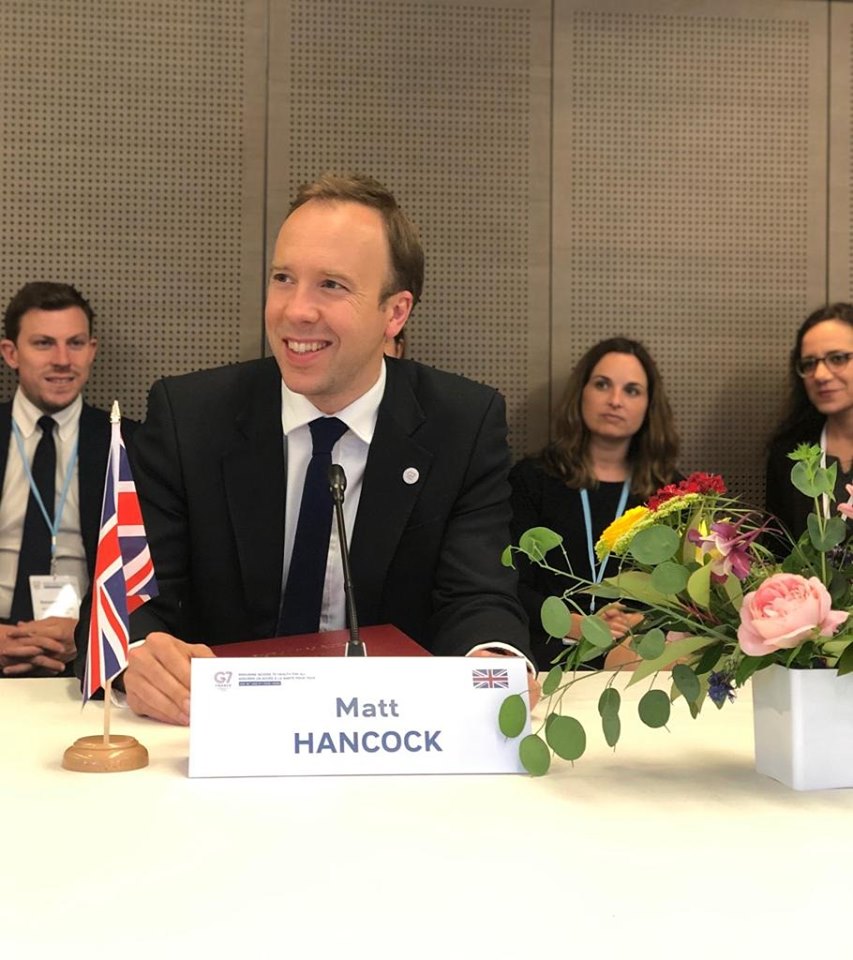
LONDON — The race to succeed British Prime Minister Theresa May hasn’t officially begun — but the field of contenders is quickly growing.
Health Secretary Matt Hancock said Saturday he is seeking to replace May, joining several others who have announced they will run.
May announced Friday she plans to step down as Conservative Party leader June 7 and remain as a caretaker prime minister while the Conservative Party chooses a new leader in a contest set to officially kick off the following week.
Her successor will have to try to complete Brexit — a task that May failed to deliver during her three years in office. While she succeeded in striking a divorce deal with the European Union, the plan was defeated three times in Parliament by lawmakers across the spectrum. The issue remains in political deadlock.
The best-known contestant for what will be a very difficult task is flamboyant former Foreign Secretary Boris Johnson, who has said he will take Britain out of the EU on Oct. 31 even if no deal has been reached with EU leaders.
Johnson’s willingness to leave without an arrangement in place is already causing some ripples.
Another contender, International Development Secretary Rory Stewart, said Saturday he could not serve in a Cabinet under Johnson if Johnson wins the top spot.
Stewart says he could not work for a leader who is comfortable with the idea of a “no deal” Brexit when Britain leaves the European Union.
Many economists and business leaders have warned that a “no deal” departure would have a drastic negative impact on Britain’s economy and hurt its European neighbours.
May’s Conservative Party is expected to fare poorly when the results of European Parliament elections are announced Sunday night. She plans to remain as party leader through President Donald Trump’s upcoming state visit and the D-Day anniversary celebrations before stepping down.
The Conservative Party chooses its leaders in a two-step process: First comes a series of votes among the party’s legislators to establish two top contenders, then there is a nationwide vote by about 120,000 party members.
The winner becomes party leader and prime minister, although the opposition Labour Party is warning of an immediate challenge to the new leader with an eye toward forcing a general election.